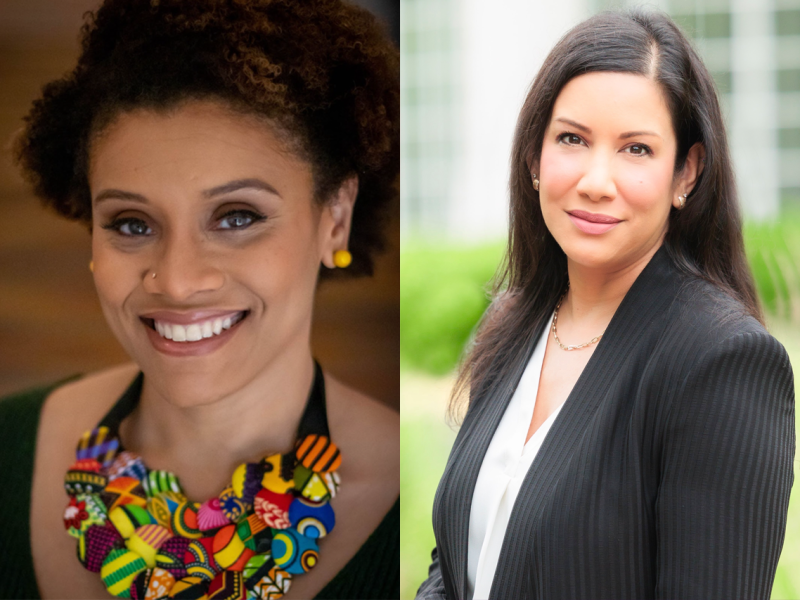
Wikimedia Foundation appoints new Chief Talent and Culture Officer and Chief Communications Officer
The Wikimedia Foundation today announced that Courtney Bass Sherizen will be joining as the new Chief Talent and Culture Officer, and Anusha Alikhan will become the Chief Communications Officer.
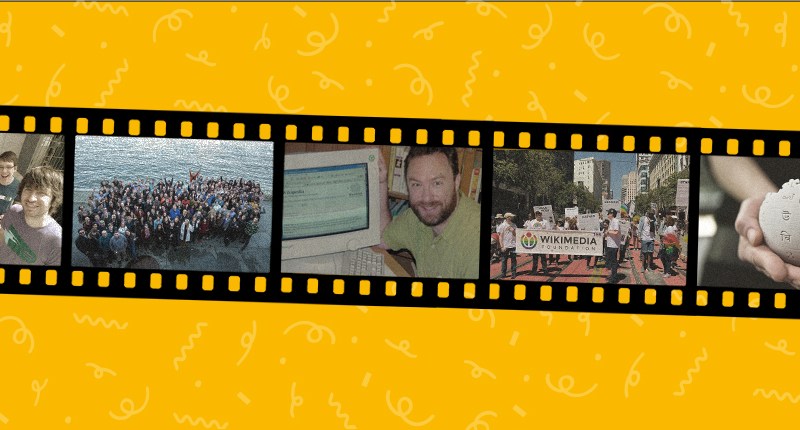
20 years of the nonprofit behind Wikipedia
Wikipedia is an indispensable part of the internet — no matter if you’re searching for a fact to win a round of trivia or doing a deep dive on what’s happening in the world around you. And today, the nonprofit organization that supports Wikipedia turns 20 years old. We are the Wikimedia Foundation. In our….
Wikimedia Foundation launches Open the Knowledge Journalism Awards on World Press Freedom Day
The Wikimedia Foundation is launching the inaugural Open the Knowledge Journalism Awards. Coinciding with the 30th anniversary of World Press Freedom Day, this year’s awards celebrate the contributions of journalists in Africa who prioritize diversity, equity and inclusion in their reporting.
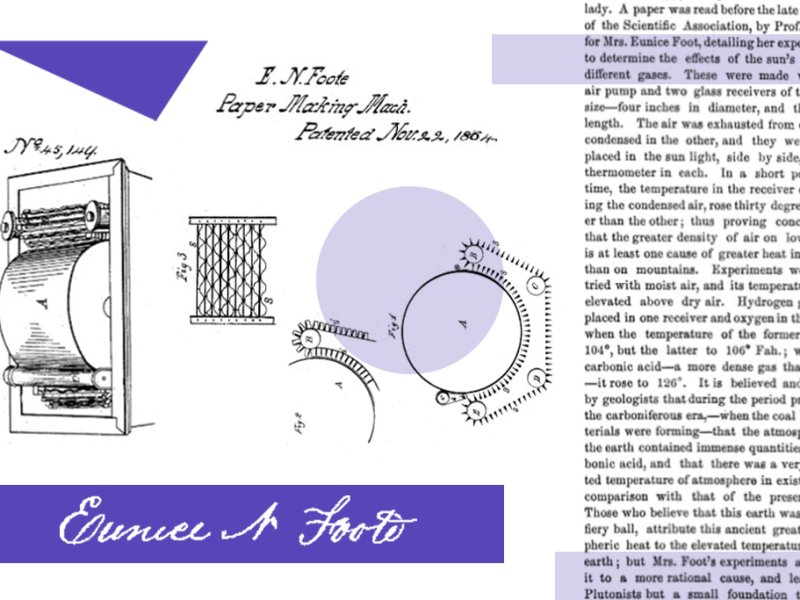
SusunW is on a mission to write women into history with Wikipedia
Today, scientists can tell us with certainty that increased carbon dioxide emissions are warming the planet. But who was the first to discover this, and when did that happen? I’ll bet it’s earlier than you think. Meet Eunice Newton Foote: a 19th century American scientist, inventor, and women’s rights activist whose contributions to climate science….
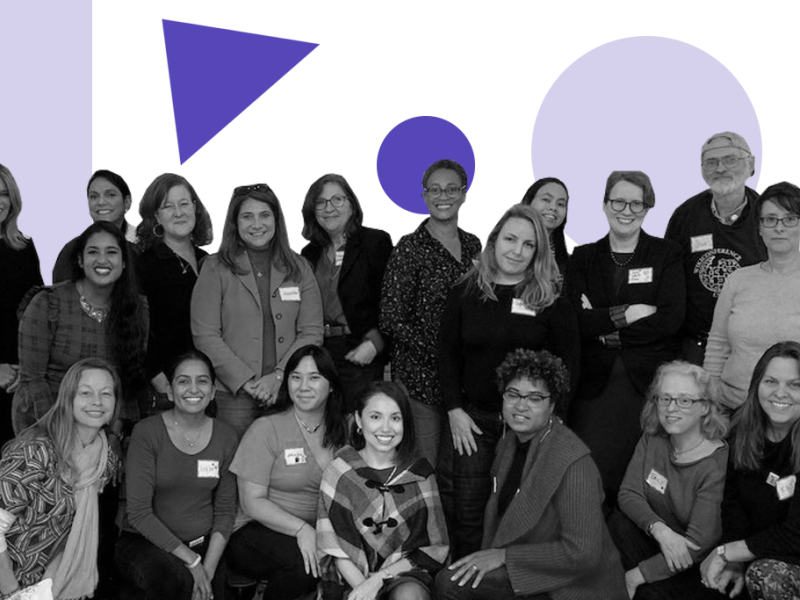
Women Do News: Tackling the Gender Divide in Journalism Through Wikipedia
The gender gap is a pervasive issue that has garnered attention in recent years, particularly in relation to the global pay inequality between men and women. However, this disparity is not limited to pay; it persists across various issues and industries, including the newsroom. For example, despite some progress, just four out of ten US….
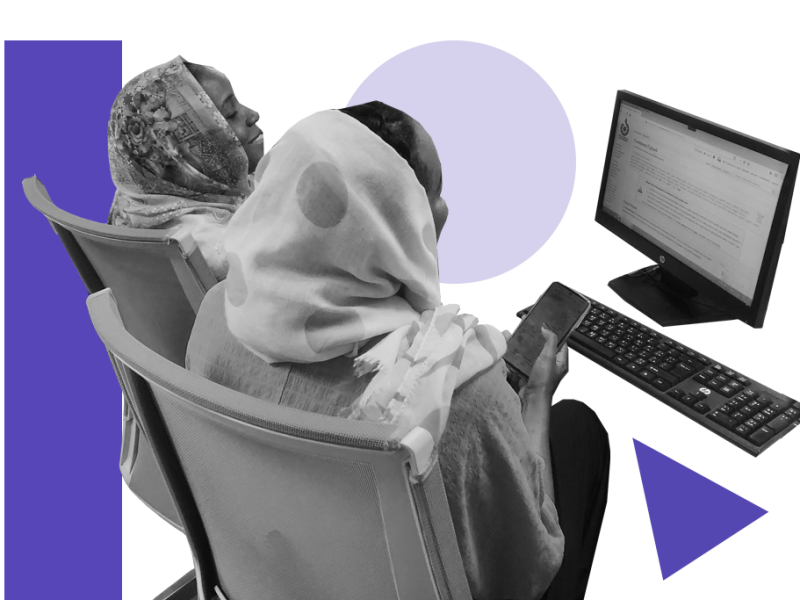
Six years, 100,000 articles: WikiGap is on a mission to close Wikipedia’s gender gap
It’s possible that right now, as you read these words, a WikiGap event is being held in a Swedish embassy somewhere in the world. Created through a joint effort from the Swedish Ministry of Foreign Affairs and Wikimedia Sverige, an independent Wikimedia movement affiliate organization in Sweden, WikiGap edit-a-thon events bring people together across countries….
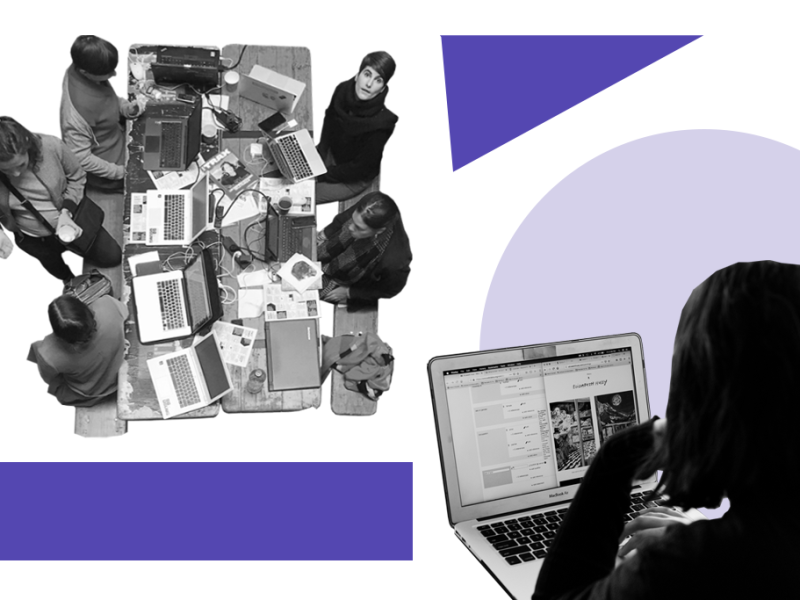
How Art+Feminism is using Wikipedia to promote equity in the art world
If you were asked to name the greatest artists in history, who would come to mind? Chances are, the first few names that pop into your head are men. “Whereas men experience presence in our art institutions, women experience primarily absence,” Judy Chicago, an American feminist artist describes, “except in images that do not necessarily….
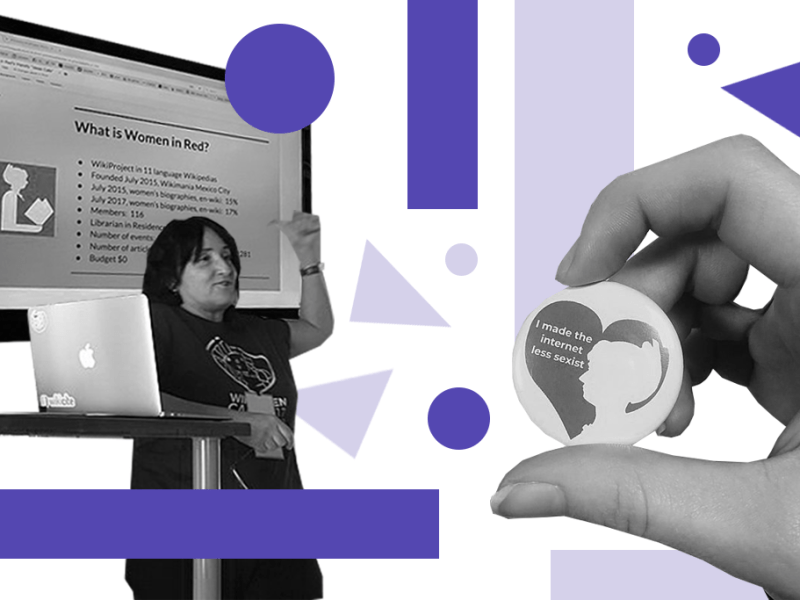
Closing the gender gap: Women in Red’s efforts to add more women to Wikipedia
All of the information found on Wikipedia is created and shared by volunteers around the world. However, since 2020, only 15% of these contributors are women. This imbalance has a real impact on how information is covered and presented on the world’s largest online encyclopedia. This problem is often called the “gender gap” and is….
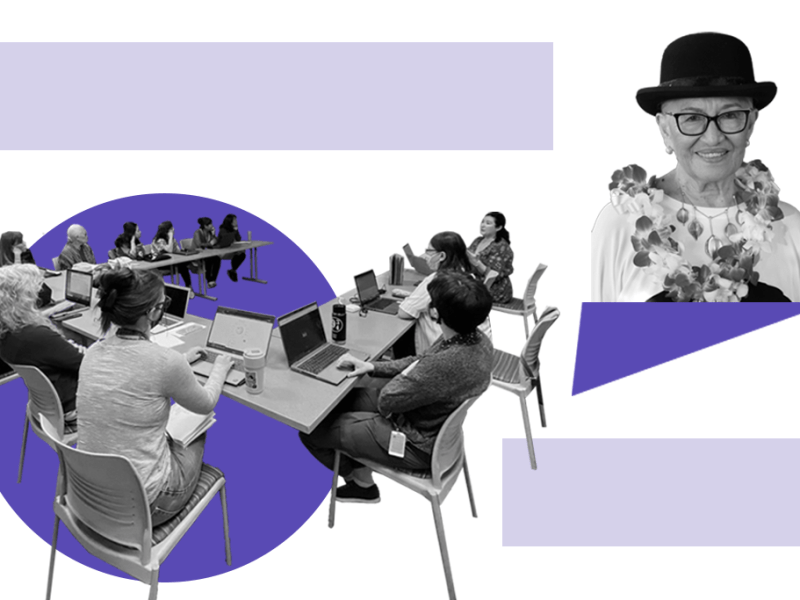
Kelly Doyle Kim and this new Smithsonian museum are writing women into Wikipedia
It’s called the ‘great man theory‘: the idea that large swaths of human history can be explained by the actions of so-called great men. These days, that theory has been resoundingly discredited—but popular history’s long reliance on it has contributed towards an imbalance of stories told about women in the history learned in schools and….
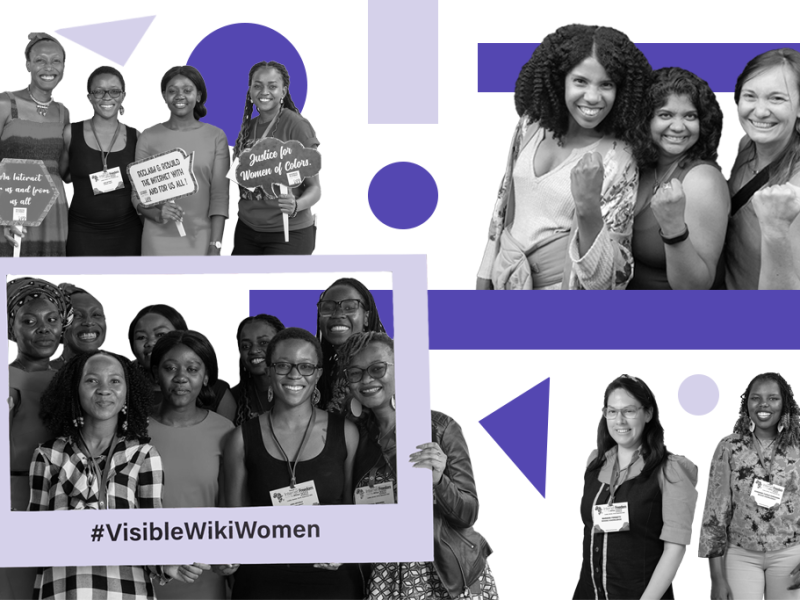
Whose Knowledge? — A movement for inclusive representation on Wikipedia
While three-quarters of the world’s online population today comes from the Global South (Asia, Africa, and Latin America) and nearly half are women, most public knowledge online has been written by white men from the Global North. The feminist collective and Wikimedia volunteer group, “Whose Knowledge?,” is working to change this. Sunshine Fionah Komusana, the….